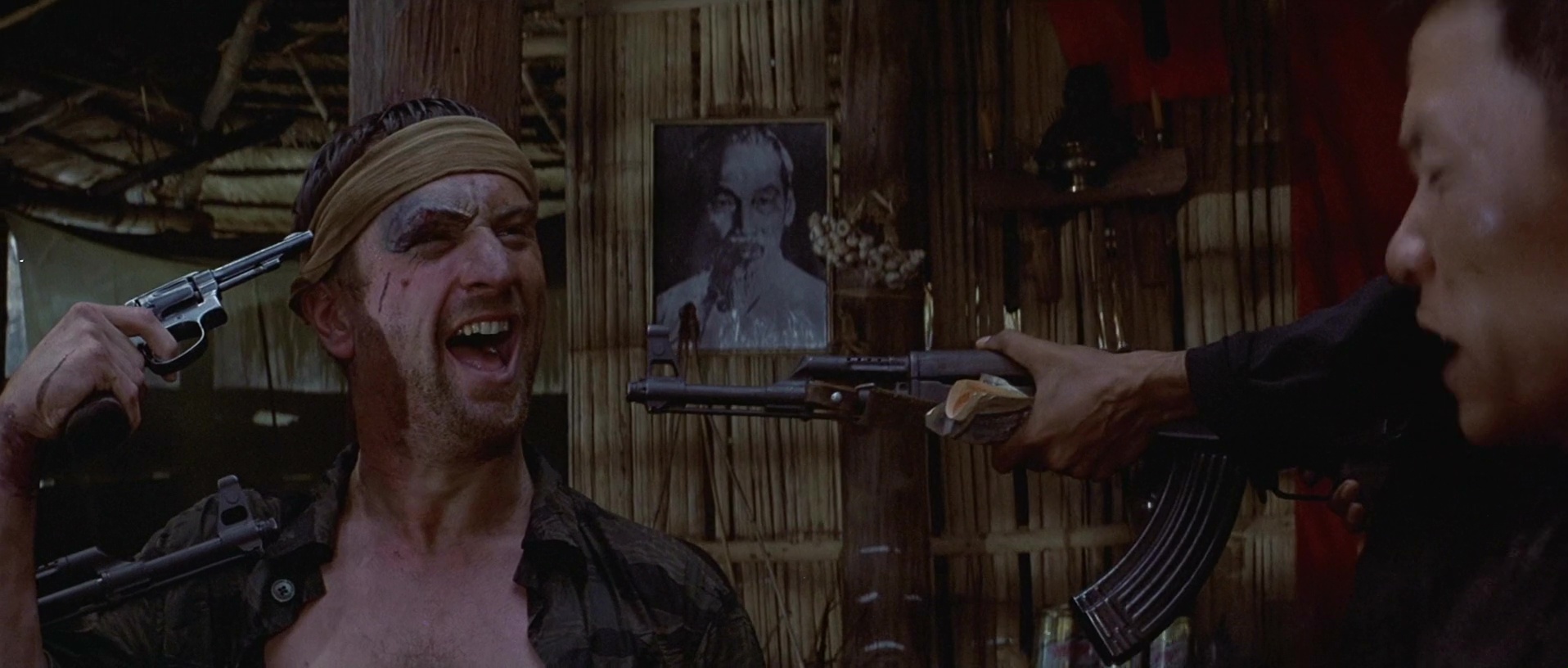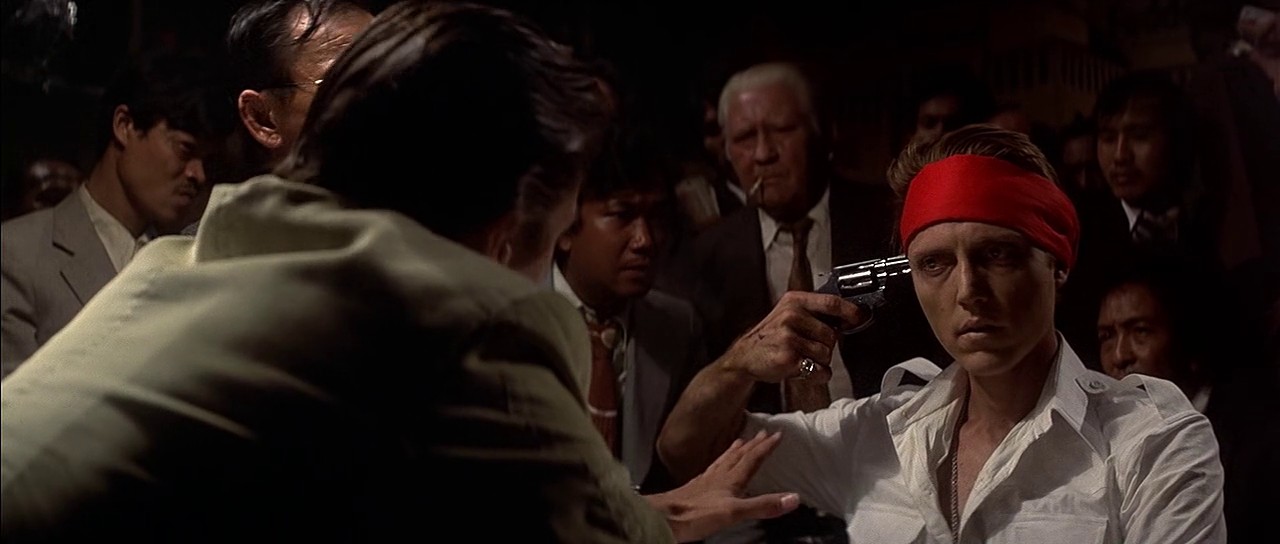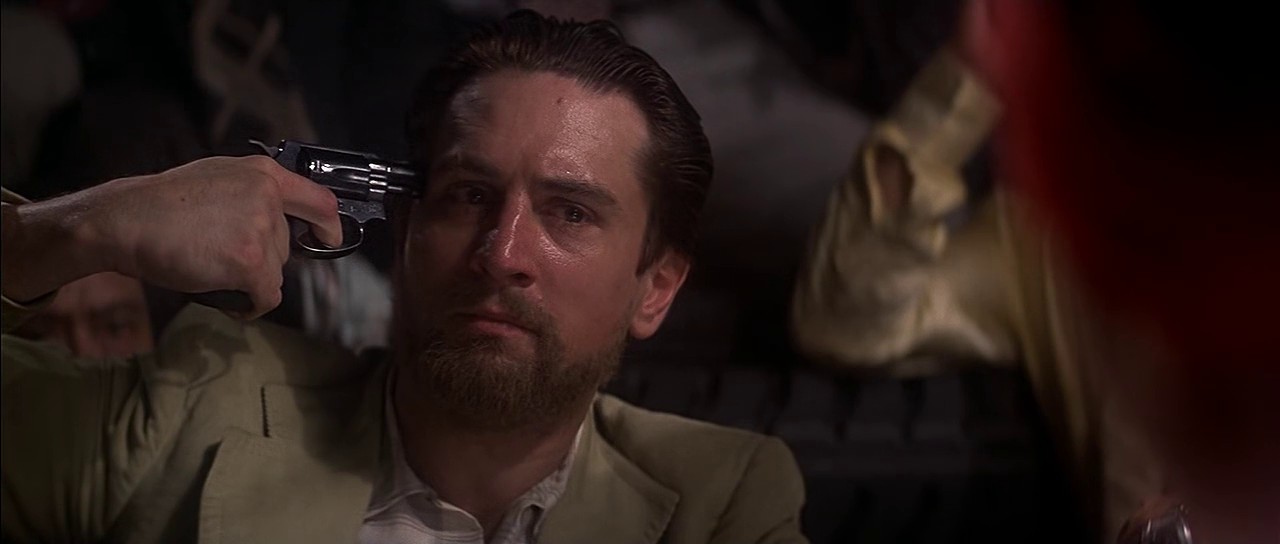“Captain
Horatio Hornblower” (1951) and “Damn the Defiant!” (1962) are thoughtful
swashbucklers set in the Napoleonic Wars.
After recently viewing the bloated "Battleship" , it was a step back in
historical and cinematic time watching these films. It was a pleasant trip. I did not have to turn off my brain while
watching them.
“Hornblower” is based on three of
C.S. Forester’s novels and he helped adapt them. It was directed by Raoul Walsh ("Battle Cry") and stars Gregory Peck. The movie is set in 1807. The HMS Lydia (a 36 gun frigate) is on a
secret mission to provide arms to a tin-pot dictator in Central America. “El Supremo” is a caricature of a
megalomaniacal buffoon. When the 60 gun
Spanish warship Trinidad arrives, Hornblower leads a boarding party to capture
it and then reluctantly turns it to over to El Supremo. Oops!
Encounter with a Spanish packet brings news of an alliance between
England and Spain and also brings the lovely Lady Barbara (Virginia Mayo) who
happens to be the sister of Arthut Wellesley.
Cliché alert: Hornblower does not
want a female on board, but will change his mind after she helps nurse the
wounded and he falls in love with her.
It is awkward that Hornblower turned over the Trinidad and now he has to
rectify it.
The battle between the Lydia and the
Trinidad is epic. Lots of things
crashing down. (Sailors needed to wear
helmets.) Lots of broadsides to the
extent that the Trinidad is a floating wreck that blows up. Adios, El Supremo.
Lady Barbara develops a
life-threatening fever. Hornblower
nurses her and a romance ensues. ß Surprise! à
Complications arise due to the fact that Barbara is engaged and Horatio
is married. This being 1951, they kiss
and feel extremely guilty about it. This
being 1807, their love is doomed. When
they return to England, he finds his wife is dead (half of the problem solved)
leaving him with a baby and she gets married to Admiral Leighton (Denis
O’Dea). Guess who Hornblower’s new boss
is? Guess who is a pompous jerk who
questions Hornblower’s honor? Guess who
needs to die so Horatio and Barbara can hook up?
Hornblower is promoted to command of
the ship of the line HMS Sutherland (74 guns).
Leighton orders Hornblower to avoid any more set pieces, but that would
be boring so Horatio seizes the initiative and decides to trade the Sutherland
for four French ships in a port. He
cheats by flying a French flag (all’s fair in war, not love) and then wastes
the French, but gets wasted in the process.
Hornblower, his exec Bush, and a grumpy tar are captured. They are taken to Paris and executed by
Napoleon himself. Just kidding. Will they escape and will Horatio end up in
the arms of Lady Barbara? I can not reveal
that information.
“Damn the Defiant!” is based on the
novel “Mutiny” by Frank Tilsley. It was directed by Lewis Gilbert ("Sink the Bismarck"). In England, it was entitled
“HMS Defiant”. It is set during the
Spithead Mutiny in 1797. The HMS Defiant
(a frigate) is on its way to Corsica. It
is in the subgenre of dueling leaders (see “Platoon”). Captain Crawford (Alec Guinness) is the
humane captain of the Defiant. His
second Scott-Padgett (Dirk Bogarde) is a martinet who has “friends in high
places”. It’s the classic confrontation
between a sailor’s captain (“a happy ship is a good ship”) and a “cat o’ nine
tails” solves all problems type leader. Scott-Padgett
is sure the ship would be better with his tough love. When Crawford’s son Harvey (David Robinson)
arrives on board as a midshipman, Scott-Padgett makes his life hellish knowing
Crawford cannot intervene. Meanwhile, a
mutiny is brewing below decks led by Vizard (Anthony Quayle).
They encounter a French
frigate. They don’t have to reload their
cannons! They board and there are a lot
of duels and old-school deaths, but no blood.
The French ship is taken as a prize and Crawford sends his son off on
the prize crew. Check mate,
Scott-Padgett. No more voodoo doll. Unfortunately, in the next battle with
another frigate, Crawford gets wounded and now S-P is in command. Valuable information about a French invasion
comes into their possession, but the crew mutinies due to S-P being a total
douche. Crawford convinces the crew to
patriotically deliver the information.
Word arrives of the success of the Spithead Mutiny, but during the
back-slapping a psychopath stabs S-P.
High fives from the audience. A
definite no-no in the Royal Navy. It’s
now the yard-arm or escape to France.
Wait, is that a fireship bearing down on the British fleet? Only the Defiant can stop it. Will the mutineers risk capital punishment to
save the fleet?
“Damn the Defiant!” is well-acted
although Bogarde chews the scenery a bit.
He has this Lee Harvey Oswald smirk that is enhissing (the opposite of
endearing). It is better than Hornblower
at balancing officers’ lives with the lives of the tars. Shipboard duties, training, and punishment
are well done. It is also more
historical since it is based on the Spithead Mutiny. The Channel Fleet went on strike about poor
pay and working conditions and unpopular officers. The sixteen ships elected delegates to
negotiate with the Admiralty. Normal
routines continued and the mutineers promised to respond to any French
threats. Lord Howe agreed to reforms and
the mutineers were pardoned. The basic
vibe is portrayed in the film.
“Hornblower” is totally fictional
(e.g., Wellesley did not have a sister named Barbara), but gets the naval
combat pretty close. Both movies used
real wooden ships, not models or CGI.
The acting is good and Mayo is lovely.
Having read the novels, Peck gets the standoffish character of the
literary Horatio down, including the harrumphing. The dialogue is not too flowery. The sets and costumes are outstanding. Both movies have the same type of
mood-setting scores typical of movies of this type and time. In a sense, we trade shipboard life for
shipboard romance. Not a good trade for
the guys. However, the two battles are
awesome.
“Captain Horatio Hornblower” is a
better movie than “Damn the Defiant!”, but both are worthy entries in the
Napoleonic naval warfare subgenre. The
amazing thing about “Master and Commander” is it maintained the intelligent
plotting of the old-school films like these two and added the modern
pyrotechnics. Compare that to
“Battleship” which took a plot aimed at moronic fourteen year olds and added
outlandish CGI bullshit.
Ratings:
Captain Horatio Hornblower -
B+
Damn the Defiant! - B
.jpeg)






